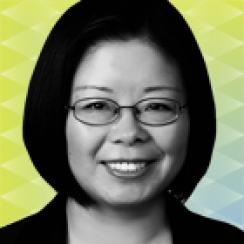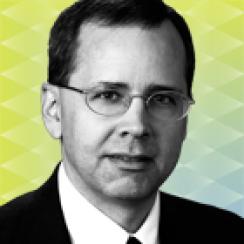< The 2015 All-Asia Research Team


Tao Wang, Duncan Wooldridge & team
UBS
First-place appearances: 4
Total appearances: 22
Team debut: 1994
After two years at runner-up, UBS’s team rises to third place, the position it most recently held in 2011. The Hong Kong–based group of four is overseen now by Duncan Wooldridge, 53, and newcomer Tao Wang, who leads the firm’s China coverage. She joined the firm in May 2008 and previously worked as an economist at British oil giant BP and, for nearly a decade, the International Monetary Fund. Wang, 47, earned a Ph.D. in economics at New York University and holds a bachelor’s degree in international economics from Renmin University of China. Investors hail the UBS group as “really good on the big calls and where the Asian economies are headed,” as one fund manager puts it. This fan also singles out the analysts’ China research for its “focus on data collection and looking at the facts rather than just repeating popular sentiment and news flow. A number of people were predicting a property-driven slowdown,” he adds, “but they said China would avoid a hard landing, that no crisis would develop and that you could still be invested. So far, they’ve been right.” The researchers project that the world’s second-largest economy will see growth slow to 6.8 percent in 2015, down from 7.4 percent a year earlier, owing largely to an ongoing real estate downturn. More broadly, UBS’s researchers have been advising since November that although central bankers across Asia believe the U.S. Federal Reserve will raise rates, most of them — with the exception of the Hong Kong and Singapore monetary authorities — will continue to cut rates this year, confident that they can battle the Fed and successfully manage devaluation of their currencies. However, economic expansion remains weak despite lower oil prices, and inflation is trending downward. To spur stronger topline growth, they counsel, the region needs either a meaningful acceleration in exports or a significant pickup in construction and property markets.





